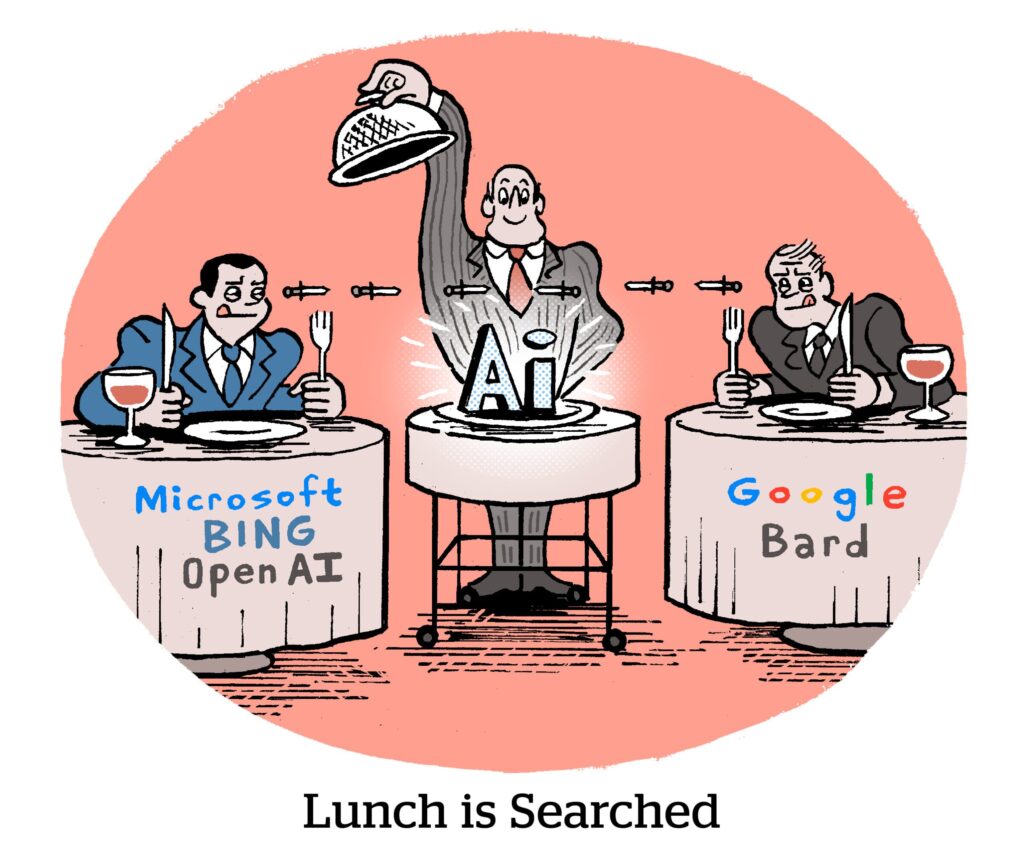In these turbulent times of broken institutions and faintly dawning hope, consumers demand brands they can trust. They want products that are manufactured responsibly, safely, and honestly. And, they will happily pay for that trust. Design has a key role to play in positioning brands to succeed in this new environment.
But typically companies invoke design too little and too late. Traditional brand design, like advertising, interactive and retail, is generally left for the end of the project cycle…after a program has been vetted (at great expense) through the organization.
All too often, what’s left over is a thin, non-recognizable proposition that the creative types are then asked to fix, most often by superficial means. Worse, a design veneer rarely aligns with a brand’s core values and does little to advance its cause.
What’s sorely needed is big D Design that pays forward the brand cause (people, planet, profits) throughout the process by marrying brand principles, creative thinking and business strategy from the start. Such an approach can yield innovative processes, energized products, empowered consumers and enhanced financials.
In light of this approach, we humbly tender some design resolutions for the coming year, and beyond.
1. Build brands, focus on rebirth and innovation. Designers should help brands re-develop and re-root themselves after a decade of me-too trend surfing. The bell curve is alive and well in the marketing spectrum and when the bottom drops out, we designers must learn from the past and begin again with renewed faith.
2. Trend and gratuity is dead, move on. The days of trend and gratuity look like they are coming to an abrupt end. They won’t vanish all together but will certainly be replaced by meaningful communication. Everyone—consumers, companies and brands—got caught in the whirlwind of technology and trend and lost sight of the true nature of a company, sustainability and durability, not trend.
3. Help companies build legacies to be proud of. Expect to see a renaissance of sorts where things will get slower and simpler. Care will become as important a value in the halls of corporate America as is commercial success.
4. Donate your time or services to a worthy recipient. Everybody should lend a hand to something. Life is too short to ignore the greater good. I’m not saying change the world, just give a little back. That may seem a cliché but its true.
5. Focus on the details, sometimes it makes all the difference. Consumers notice the little things. Now more then ever consumers will be looking for attention to detail, reasons to buy. With fierce competition from all fronts no product stands alone anymore. Remember, the aisle your product lives in is filled with all of its competitors.
6. Remember the value of simple pleasures and family. Take time to enjoy life. Remember family is why we are here…need I say more.
7. Be the best you can be today. Fretting about tomorrow will only get you there sooner and with nothing to show for it. Do all you can do, today. Today is what is important. Be the best you can be today and create something positive to look forward to tomorrow.
8. Don’t sell your soul, just your time. Just a little reminder that though this is important stuff we do for companies, create boundaries for yourself and make sure you are doing what makes sense for your moral and financial compasses equally.
9. Communicate to educate. We have exhausted ourselves trying to keep up with the latest and greatest cultural shifts of the day. Whatever the next version of marketing is it will be focused on communication, not trend.
10. Love your marketers. The sooner you recognize how similar you really are, the better you’ll both be for it.
11. Get over yourself. There are lots of other people who are equally invested in the work.
13. Don’t dump on advertising. They’re great at what they do, and even better when you can demonstrate how their work fits into the overall picture.
14. Know the difference between your company and your brand. The company is who you are, the brand is what you make.
Gabe Goldman and Glenn Geisendorfer are partners in Seattle-based design firm Platform.
 Network
Network

